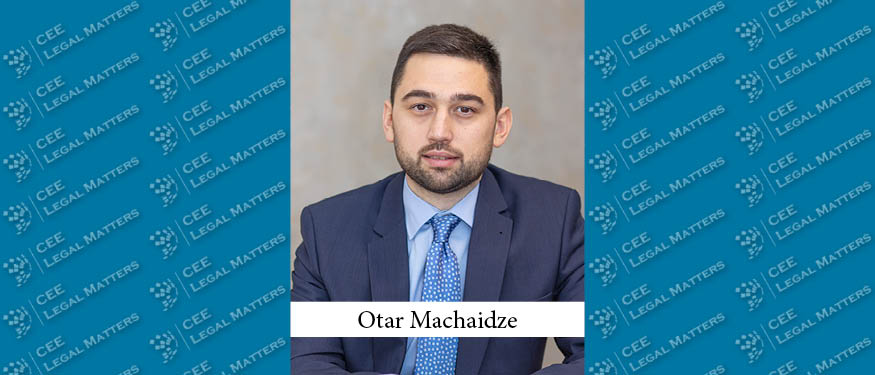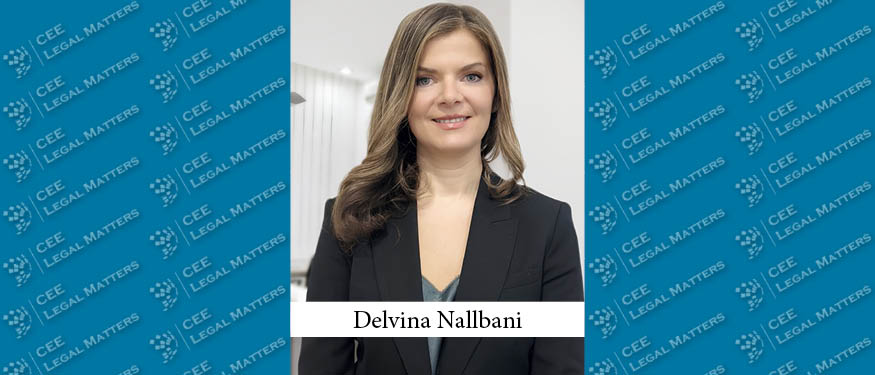"The overall situation in the country — political, financial, social, and so on, which largely determines business (and thus our business)", says Sergey Penev, the Managing Partner of Penev LLP, "may be considered ‘terrible’ for much of Europe, but in Bulgaria it’s pretty stable." The country is in the top 3 or 4 in terms of GDP to debt radio, he says, suggesting that in fact things are not as bad as some claim.
The biggest problem, he says, is that wages are still low, and people are not happy. Penev notes that "the cost of living is not too far from Prague or Germany, for example, but wages are not catching up."
Penev, who’s also the Counsel of Monaco to Bulgaria, does not mince his words describing Bulgaria's leadership, asserting that "the governments since 2000 could not have done a worse job in terms of capturing business," and claiming that "the governments owe a big debt to the Bulgarian people." The economy "does not function well," he said, "and the only work involves utilization of EU money. Infrastructure, roads, etc. The Bulgarian economy runs more than 80% of EU money," he says, "and when that is gone, it will struggle." He sighs. "No effort is being made to make the lives of businesses — SMEs in particular — easier."
In addition, Penev says, Bulgaria has also suffered as a result of the sanctions imposed on Russia — traditionally one of Bulgaria’s largest trading partners. Finally, he sighs, there’s still a large level of corruption — though he reports that "Bulgaria is not as corrupt as is often said," and insisting that "I don’t think that we are any more corrupt than any other regional country. Of course there is corruption, but the image far outweighs the reality." Still, he concedes, "the judicial system, they still need to prove to people, to investors, that their money is safe, and that the rule of law controls."
The legal market depends heavily on direct foreign investment for business, Penev reports, with the top tier of law firms finding almost all of their work coming from foreign investors. The first problem facing firms in the market, Penev reports, "is that because the economy runs around the EU funds and government-related businesses, the established firms struggle to get that business, because they’re not close to the government. "It’s very difficult for firms like ours to get public procurement work from municipalities," he explains, "because we’ve always been on the other side — and we’re still at the stage where you have to work very closely with the ministries to get that business." When asked which firms do get that business, Penev rolls his eyes, explaining that it’s difficult even to name them, not because of any sensitivity, but "because they’re often fly-by-night firms that appear quickly just to get that work, based on previous connections."
"The other element is simply that the way we do business is hostile to the environment we work in," as "if you’re not part of the establishment you’re outside the circle." He elaborates. "Contrary to what the government says, the amount of FDI coming to Bulgaria is low compared to neighboring countries. The strong industries that do exist — automotive, IP/IT, outsourcing, etc. — come from the companies themselves, not because of government assistance or support. So outside FDI is still low."
As a result, perhaps, Penev reports that the number of companies needing "high end legal services" is decreasing. He explains that Bulgaria in particular attracts companies because it’s "so cheap," and those same companies therefore are taken aback when the legal fees proposed to them are similar to those in other countries. "They even balk at fees 20% less than elsewhere in CEE," Penev sighs, "so it’s hard for bigger firms to survive. They still think they’re being taken for a ride."
Despite all this, Penev describes himself as "an optimist," nothing that "more and more we’re called the Silicon Valley of the Balkans because of the rapid growth of the IT industry," which he reports has created more than 30,000 jobs in the country in recent years. "We’ve also become a European leader in the outsourcing industry, and as a host for shared services. Also as a model site for start-ups, in large part because of the highly entrepreneurial spirit of the Bulgarian people."
Indeed, he sees a pick-up in some other areas of the economy as well, saying, "we’ve started witnessing in Bulgaria some consolidation of businesses, and some picking up, particularly in Real Estate. More and more we see work on various Real Estate projects, and banks extending mortgage loans and business start-up loans."
He reiterates his optimism. "I really think that EU money should not be so important, and more and more efforts are being put towards increasing competencies."
In "The Buzz" we interview experts on the legal industry living and working in Central and Eastern Europe to find out what’s happening in the region and what legislative/professional/cultural trends and developments they’re following closely.

















